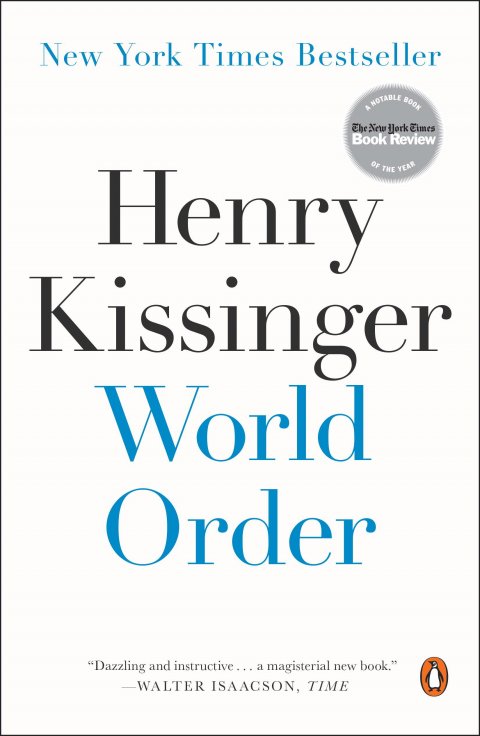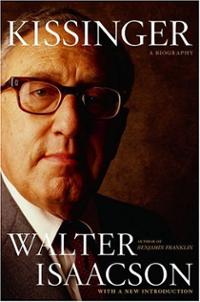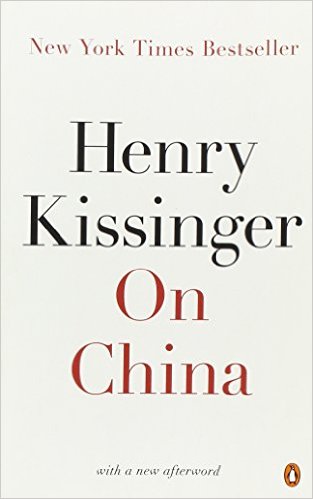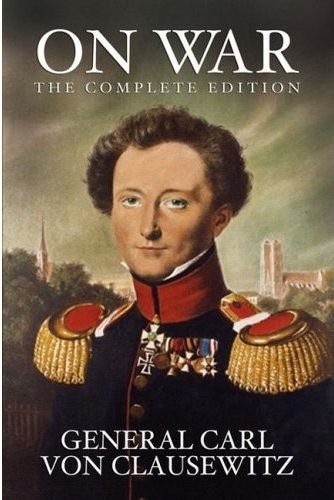|
The Creature from Jekyll Island
By G. Edward Griffin Published in 1994 (Poorly updated in 2013 - there are still references to the Soviet Union, but also to the 2008 crisis) 608 Pages Thibault’s Score: 3/5 I really want to like this book, but I can’t. I remember reading it back in high school, and agreeing with many of its key arguments. Central banks are evil institutions which rob the public. There are conspiracies in the government surrounding these institutions. The Federal Reserve is a key aspect of the American military industrial complex’s war machine. Sadly, I just cannot bring myself to recommend this book. The author exposes many credible and fascinating historical conspiracies, but loses his credibility through repeated allusions to “world socialist government” and “new world order” conspiracies. He even “Jew-baits” at several points. I also found the use of the first person to be a bit condescending and pedantic. Griffin assumes that the reader has a poor vocabulary, and will write things like “to translate into the common man’s language.” I don’t like being talked down to. The very title of the book reminds me of “Reefer Madness” or “Stranger Danger,” and the use of the first person feels propagandistic. The history exposed is nonetheless very interesting and revealing. While I like the overall message, I am still looking for a book which can convey it better.
0 Comments
World Order
By Henry Kissinger Published in September 2014 420 Pages Thibault’s Score: 3/5 World Order is Henry Kissinger’s attempt at defining his views of what a foreign policy goal should look like. Despite the title “World Order” and his use of the phrase “a new world order” I suspect that Kissinger is baiting conspiracy theorist critics who won’t bother to read his book. Far from suggesting world government, Kissinger actually criticizes the idea of hegemony as inherently prone to conflict. Kissinger defends the Westphalian system of organizing states, where multiple powers peacefully co-exist and help preserve the existing balance of power. He systematically goes continent by continent, and explains the geopolitical problems of each continent. His analysis on nuclear warfare is very poignant. Mutually Assured Destruction (MAD) had always sounded a bit… mad… to me. Now I feel like I understand the stakes and incentives that governments have when it comes to nuclear war. For example, intuitively it makes no sense that anti-ballistic missiles put people in danger. Kissinger, as usual, illuminates everyone year after year with his great contributions American neocons and other ideologically driven foreign policy agitators should read this book. It would help them realize that a policy of pragmatic peace often outperforms policies of ideological conflict. The only major disagreement that I have with Kissinger is that he takes a very late 20th century approach to technology and computers. Kissinger worries that, because of the instant availability of information on the internet, people will stop reading books and instead focus on the minutia of data. In fact, quite the opposite has happened, and I think that this blog proves the contrary. All of my friends who love foreign policy self educated online and I only ever heard about Kissinger’s work through the internet (I certainly wouldn’t learn anything useful in school.) Kissinger is old and I worry he will die before I have the privilege of meeting him. His work will be remembered by both his supporters and critics long Kissinger
by Walter Isaacson Published in January 1992 896 Pages Thibault’s Score: 3/5 My main criticism of this book is that it doesn’t spend enough time on Kissinger’s policies and ideas, but instead focuses on Kissinger’s personality. The author very clearly is a political opponent of Kissinger, and misrepresents many of Kissinger’s ideas and policies based off the works I’ve read written by Kissinger. The book, being written in 1992, is also a bit out of date, although there is nothing that can be done about that. The life of Henry Kissinger is very interesting. He was a Jewish refugee who fled his homeland in Germany to escape the holocaust. He went to school, and studied harder than all of his peers. After high school, he enrolled in the army during the tail end of WW2, and returned to Germany where he served as a non-combatant soldier. When he returned, he rapidly rose in the ranks of academia as a top professor. He used his academic position to meet politicians and celebrities, and eventually met Nelson Rockefeller. When Rockefeller was defeated by Nixon, Kissinger was absorbed into Nixon’s transition team. Almost immediately, Kissinger rose to prominence within the Nixon administration, eventually becoming secretary of state. I don’t really recommend this book. Although the topic is fascinating, there are many things that annoy me about it. Its way too long and repetitive, however because the writing is good and the topic interesting I give it a 3/5. On China
by Henry Kissinger Published in May 2011 608 Pages Thibault's Score: 5/5 Before reading this book, I assumed that Henry Kissinger was just another statist war criminal. Maybe he is a war criminal, but he is clearly a genius. Few diplomats have shifted the fate of the United States more than Kissinger. In his masterpiece, On China, Kissinger recollects his negotiations with the Chinese during the Nixon era. His book is very well written, and, despite its length and academic topic, never loses the reader’s attention. The book can be divided into roughly 3 parts. The first third of the book focuses on pre-communist Chinese history, and the peculiarities of Chinese culture. The second part of the book focuses on the communist era, and the final third covers Kissinger and the American’s negotiations with the Chinese. This book has helped me understand Chinese politics on a whole new level, and like many good books, has utterly humbled me. For example, I only vaguely realized that China and the Soviet Union were rivals. Like many other ignorant westerns, I had assumed that the two communist powers were natural allies rather than natural rivals. Before reading this book, I didn’t realize that China went to war in Vietnam roughly ten years after America invaded the country. I feel ignorant. I recommend this book to anyone who is interested in learning more about China and its political relationship with the United States. On War
by Carl von Clausewitz Published in 1835 732 Pages Thibault's Score: 4/5 On War is likely going to remain on my bookshelf as a personal favorite of mine. The lessons to be learned from this book are unique and applicable in everything from romance to business. Before Clausewitz’s military masterpiece, previous Western military theorists hadn’t created an all-in compassing analysis of war applicable to all times and places. Instead, past chroniclers focused on rare military circumstances only applicable to certain specific times and places. Few of these theorists had attempted to define war, let alone lay out its bare and universal principles. They wrote about swords and horses, about spearmen formations and cavalry charges, and about archers and muskets. None of these works are remembered as anything other than historical documents, for their lessons, while useful, don’t apply to the realities of modern warfare. Clausewitz did more than write a laundry list of successful strategies. Instead, he outlines a comprehensive and all-encompassing military doctrine which all later Western generals would rely on. He goes over the fundamentals of victory and loss, of morale and courage, and of battle tactics. Although Clausewitz wrote at the turn of the 19th century and couldn’t have possibly imagined the wars of today, his lessons still hold true. When he writes about the importance of setting clear military objectives, I couldn’t help but think about Iraq or Vietnam. Many of his ideas even apply to cyberwarfare, a topic that I have been very deeply researching over the past year. |
Thibault SerletMost of my articles are book reviews, but I also write about many other topics. Archives
December 2023
Categories |





 RSS Feed
RSS Feed